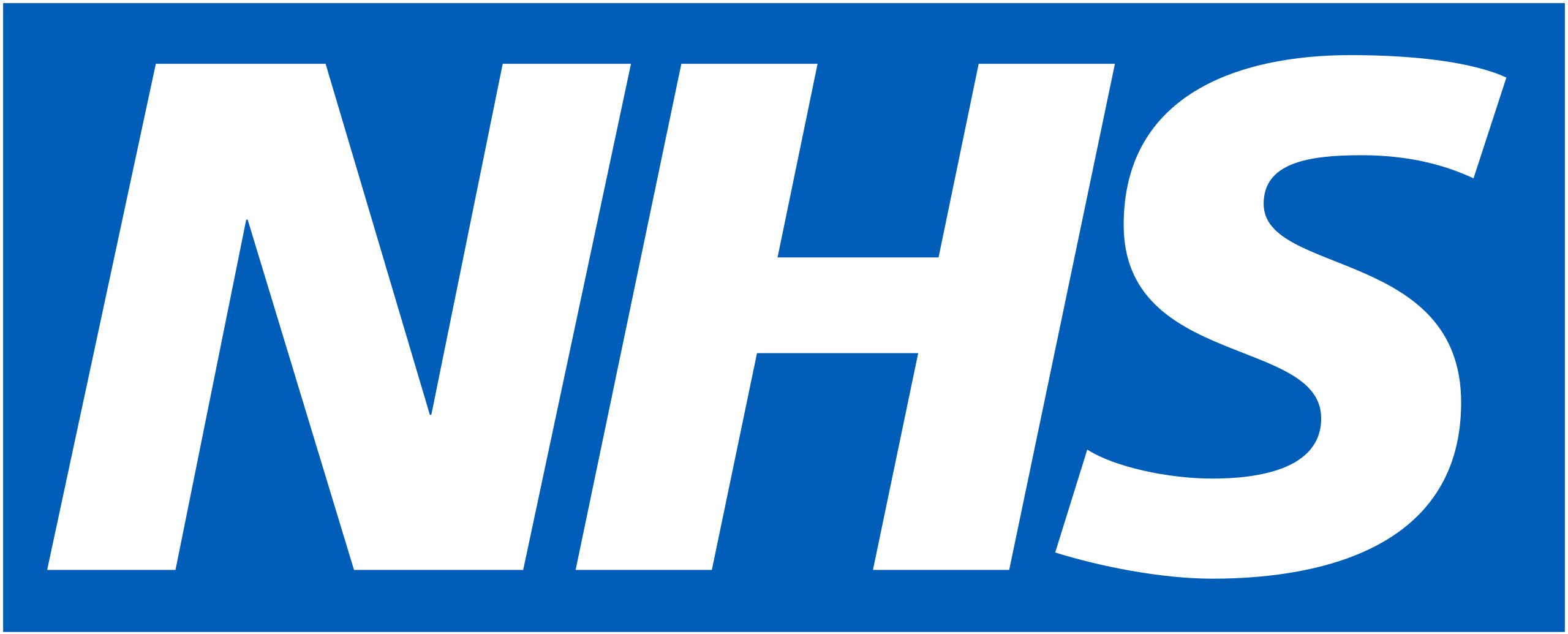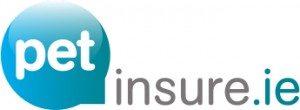
To many, it is an understatement to say that the nation’s healthcare infrastructure “is under intense pressure.” Meanwhile, the need for primary care, community healthcare and adult social care services to deliver patient-centric care that is of a consistently high standard is paramount.
Shortages of trained staff were a well-established issue long before Covid hit. Covid accelerated the effects by forcing some skilled members of the workforce out. This wasn’t just due to falling ill with the virus or struggling with the effects of long Covid. For some, it was the fear of existing conditions putting them at higher risk from the virus.
In the meantime, solving the fundamental equation of meeting the increased demand for services with fewer medical professionals from a population that is increasing in size and getting older looms large.
For many primary care service providers. technology has helped to offset some of the shortages of skilled practitioners, by enabling medical expertise to be accessed more efficiently.
The best examples here are the use of video to deliver remote consultations with doctors, and the use of online portals for diagnostics, by letting patients provide details of their symptoms using e-consult forms and questionnaires.
Both of these allow each medical professional to serve more patients in a given timeframe. Importantly, while the threat from Covid was a serious consideration, providing consultation services remotely eliminated the potential for health professionals to become infected through contact with patients.
However, despite the growth of online access to primary care services, there is still a huge demand by patients to use voice calls to access the primary care system. As soon as surgery telephone systems switch from night service to business hours, switchboards light up like the proverbial Christmas tree.
There are some key reasons why patients initiate voice calls to primary care service providers. For one, the telephone offers sheer convenience. Quite simply, with a telephone option, primary care services accommodate those who may want a familiar and straightforward method of communication that frequently provides an instant resolution to their service needs.
Many older service users are not conversant with technology. For older people and others who may not be comfortable or proficient accessing services through online channels, telephone access ensures healthcare services are freely available to them.
Moreover, telephone consultations allow for personal interaction with surgery staff and healthcare professionals, providing a sense of reassurance and human connection.
Quvu is a contact centre VoIP software solution that enables primary and community health services, including GPs, pharmacists, dentists, and optometrists to do a better job of providing care.
Quvu helps to smooth the customer journey through the contact centre for these key healthcare industry processes:
Quvu streamlines access to primary care services by implementing intelligent call routing. Calls may be directed to the appropriate department or healthcare professional based on specific criteria, such as the nature of the inquiry or the patient’s assigned health professional. This ensures service users are quickly connected to the right person, reducing wait times and improving the overall efficiency of the system.
Quvu integrates with CRM-based appointment scheduling systems, allowing receptionists to check availability, book appointments, and send reminders to patients seamlessly, resulting in a smoother and more convenient experience for accessing primary care services.
Quvu’s powerful IVR feature lets service providers give callers self-service options, enabling them to navigate through various menu options by pressing keys to find the information they need or perform certain tasks, such as requesting repeat prescriptions or checking test results. This reduces the need for medical receptionists to intervene in routine inquiries, freeing up resources and enhancing the accessibility of primary care services.
Quvu provides call queue management functionality, allowing service providers to configure callers virtual queues so they wait until receptionists become available. To enhance the caller experience, IVR and callback options can be provided to callers waiting in queues. Patients are able to request a return call at a convenient time or choose other options, as an alternative to waiting on hold. This feature minimises caller frustration, improves efficiency, and provides a smoother access experience to primary care services.
Quvu supports enhanced follow-up and continuity of care for patients accessing primary care services by efficiently managing and coordinating any necessary follow-up actions. Again through CRM integration, Quvu enables the automation of actions such as scheduling additional appointments, arranging referrals to specialists, or sending reminders for prescribed medications. This proactive approach ensures patients experience a much smoother journey and receive the necessary care and support they need, avoiding the risk of missed or delayed healthcare interventions.
These Quvu features are just some that contribute to a smoother and more streamlined experience for service users seeking access to primary care services, resulting in improved patient satisfaction and better health outcomes. See all Quvu features at a glance here.
Quvu has been continually reviewed and developed from thousands of deployments in some of the toughest customer service environments imaginable. No two primary care organisations are quite the same, so that’s why every Quvu deployment is customised to the specific needs of each client.
Isn’t it time you started doing a better job of smoothing the journey of customers with Quvu? Book a personalised demo to see what Quvu can do for your contact centre.
Simply call us on 03333 4455 90 or email sales@quvu.co.uk




